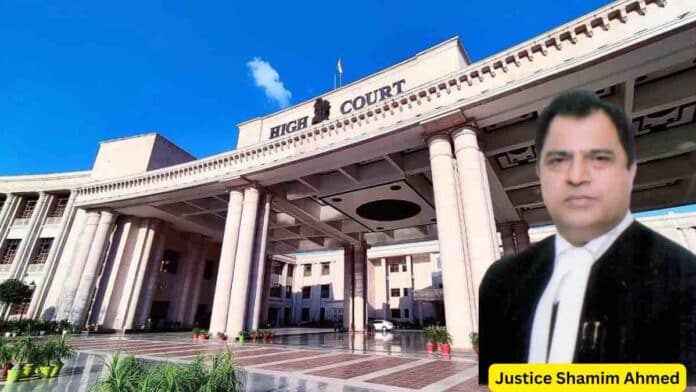The Allahabad High Court, in a recent ruling, dismissed a writ petition filed by Shyamji Tripathi, citing an inordinate delay of 13 years in filing the petition. The court held that the petition was “totally misconceived” and that the petitioner had not provided any sufficient reason for the delay. Background of the Case The writ
To Read More Please Subscribe to VIP Membership for Unlimited Access to All the Articles, Download Available Copies of Judgments/Order, Acess to Central/State Bare Acts, Advertisement Free Content, Access to More than 4000 Legal Drafts( Readymade Editable Formats of Suits, Petitions, Writs, Legal Notices, Divorce Petitions, 138 Notices, Bail Applications etc.) in Hindi and English.




